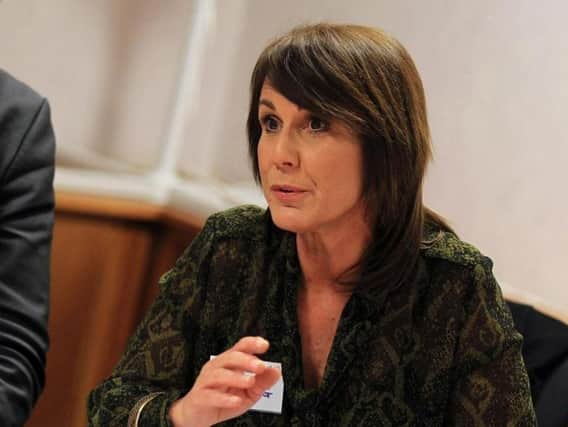Fewer Sheffield pupils are excluded from school


More pupil numbers and 'complex and challenging groups' are part of the problem, says a report to the children's scrutiny committee.
A targeted programme to help vulnerable young people, including additional support with speech, language and mental health, is now being developed.
Advertisement
Hide AdAdvertisement
Hide AdThere are two types of exclusion - permanent is where a pupil will not return to the school while fixed-term are short-term exclusions.
Joel Hardwick, head of commissioning inclusion and school services, says in a report: 'Despite the increasing school-age population and the continued reports that schools are facing increasingly complex and challenging cohorts, Sheffield has managed to reduce permanent exclusions in the last two years and fixed term in the last year.
'Whilst this reverses the national trend up to 2017, the charts show that Sheffield schools remain above the national average.'
In Sheffield, the most common reason for permanent exclusion is persistent disruptive behaviour. Physical assault, on an adult or pupil, is the next most common cause. Those trends mirror the national picture.
Advertisement
Hide AdAdvertisement
Hide AdRecent figures show 40 per cent of pupils had an identified special educational need. Almost three-quarters are boys and 60 per cent are white British or mixed white British. Schools in the north and east have a higher rate of exclusions than other parts of the city.
The council says over the last 12 to 18 months it has devised a more co-ordinated, citywide approach to provide greater levels of support and earlier intervention.
Councillor Jayne Dunn, Cabinet Member for Education and Skills said: 'It is good to see that the number of permanent exclusions across our schools has gone down for the second year running.
'However we know we still have a lot of work to do in partnership with our schools to make sure the right support is available at the earliest stage.
Advertisement
Hide AdAdvertisement
Hide Ad'I personally believe that any child that is excluded is one too many and that is why we are continuing to develop our targeted programme of work to support our most vulnerable young people.
'We want to make sure any young person experiencing difficulties, and their peers, can be successful in their education. For example, this year we're building in additional support packages around speech and language and mental health to help to identify and tackle problems early, and prevent exclusions whenever possible.                                                                                     'Schools exclusions is one of my priorities in this new role  as cabinet member for education and skills. Working with our education officers I will be looking closely at each case of exclusion to make sure all parties make the right support available at the right time to empower young people, to help us identify and share good practice and to challenge where it does not meet the city's expectations.'
The decision to exclude a pupil is taken by the school and its governing body and families have a right of appeal. The council has a duty is to ensure education provision for permanently excluded children.